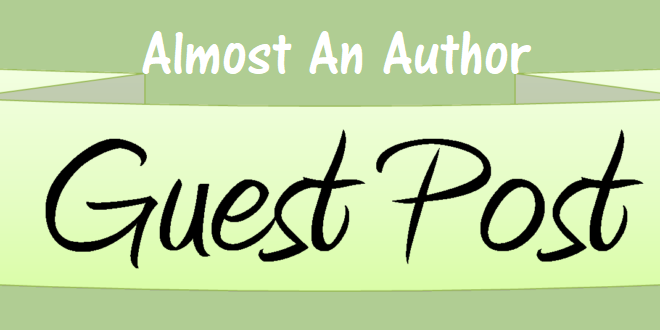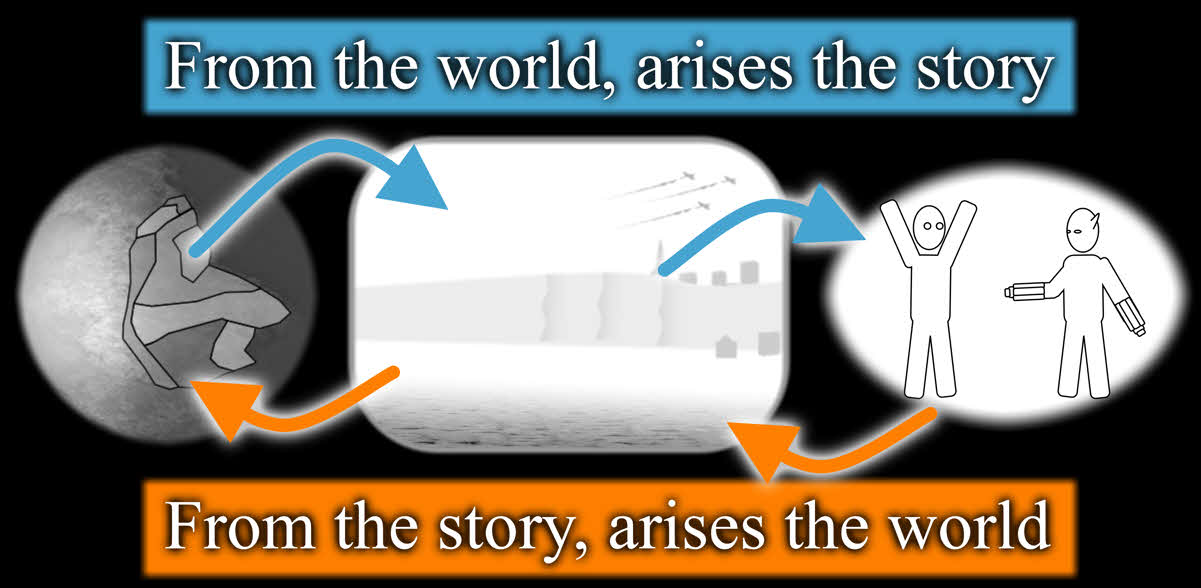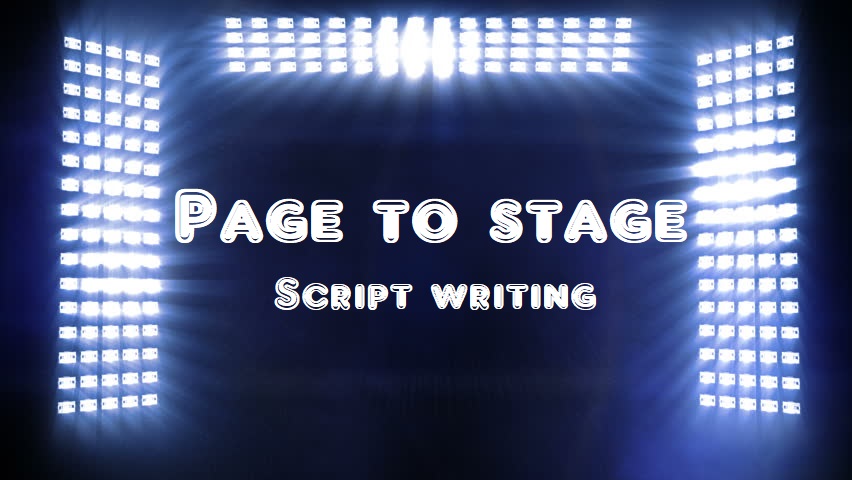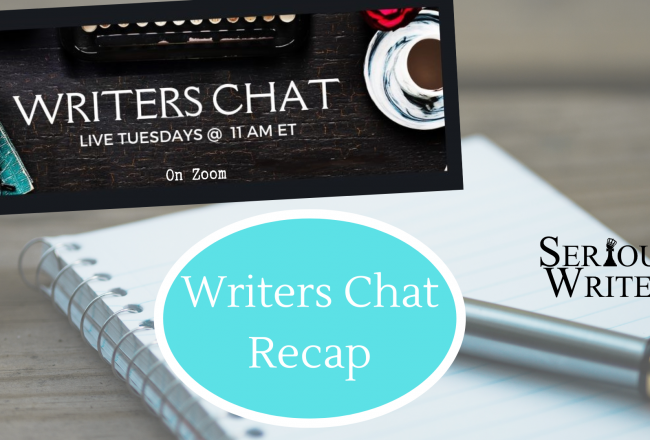
Facebook First Impressions
Have you looked in your computer mirror lately? You ask what is a computer mirror? This is your life…
July 17, 2017
Have you looked in your computer mirror lately? You ask what is a computer mirror? This is your life…
July 17, 2017
Where do you get your inspiration? For me, it can something as simple as a “what if” question to…
July 16, 2017
Dana, Please tell us about your most Recent Book. DESCENDED- ULRICK is the 4th and last book in the…
July 15, 2017
Opinions. Opinions. More opinions float through a person’s mind in the course of a day than Aristotle has twelve-letter…
July 14, 2017
When we consider various markets for our magazine writing, often we neglect the market right before our eyes—the inspirational,…
July 13, 2017
(This week my husband lost a crown while eating a piece of licorice—that in itself is probably worth a…
July 12, 2017
So, I guess it’s ok for a writer to be a NASCAR fan—especially a Southern writer, right? I’m a…
July 10, 2017
If you’re writing a novel, you can’t do so without a healthy dose of tension. Whatever the protagonist’s goal…
July 9, 2017
Well, it took God six days to complete the one you’re living in, so don’t expect to make yours in one day.
Worlds are complicated things, and in order to make one believable, you’ll need to take into consideration a whole host of things from politics to geography.

Fantasy Flash Fiction 101 Could you write a story in 500 words? What about 100? Flash fiction is a…
July 7, 2017
I just returned from another writers conference, this one in my home state of Kentucky, and I was once…
July 6, 2017
The Light of the World. The Chronicles of Narnia. The Chick-Fil-A Cow. Believe it or not, the aforementioned have…
July 5, 2017
From Script to Stage/Screen INTERIOR. ICE CREAM PARLOR – DAYTIME Myrtle Beach in the Summer The directions in the…
July 4, 2017
I am a binge writer. I always have been, and I probably always will be. What is a binge writer you…
July 3, 2017
Welcome, Steven, can you share a little about your recent book – In Every Deadly Kiss, FBI Agent Patrick…
July 1, 2017
Did I ever tell you about the time my grandfather rode a horse down the center aisle of a…
June 27, 2017
As languages go, English is fairly young. It’s been about 1400 years since the Anglo-Saxons imported English into Great…
June 27, 2017
Running from the beast had never been my plan. I had thought he would be my final stop, but…
June 26, 2017
The Holy Bible, shows the stigma of disability and the encouragement and inclusion for the disabled, despite today’s protests…
June 25, 2017Insights into Going to the Dentist (This week my husband lost a crown while eating a piece of licorice—that…
June 24, 2017
Where’s There’s a Cliché, There’s a Critic If you write with clichés, you write things like, “Where there’s a…
June 24, 2017
Most days, writing brings us joy. Our brains stay on overdrive as we scribble ideas on scraps of paper,…
June 23, 2017
Characters with personality make your readers identify and care about them. There are several ways to determine what your…
June 22, 2017
I’ve been asked multiple times by others hoping to get published what tips I had for getting published. Here…
June 20, 2017
A writer must find the perfect balance when describing characters, especially when introducing them to a reader for the…
June 19, 2017





